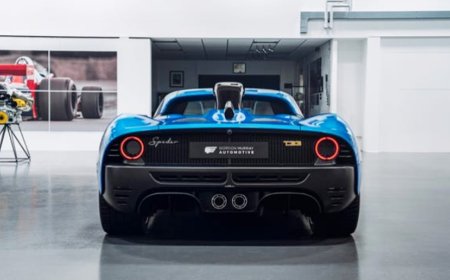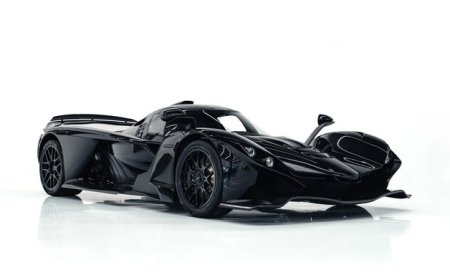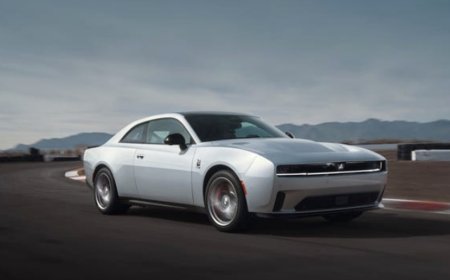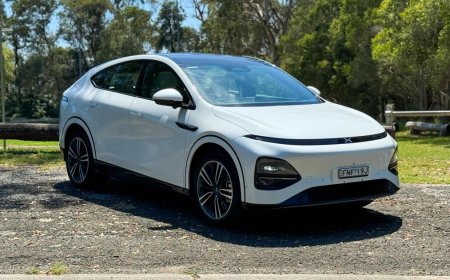How electric cars are falling behind the pack
2024 was a record year for electric vehicle sales, but all-electric cars struggled to keep pace with their bigger counterparts.
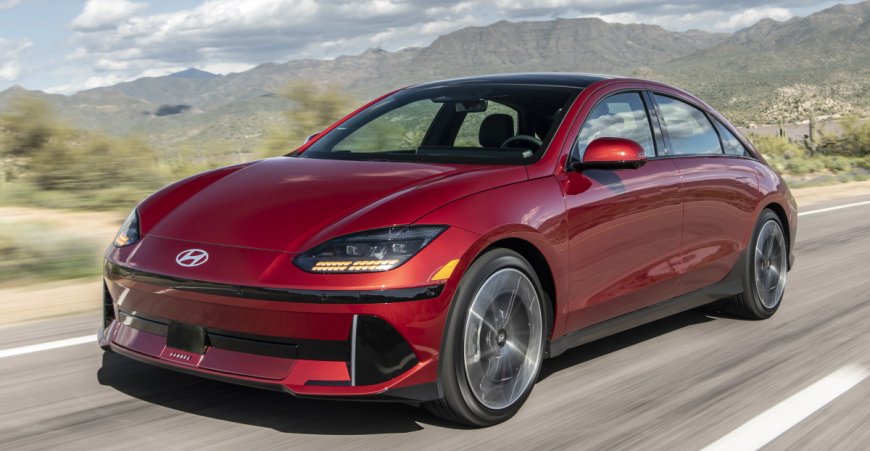
2024 was a difficult year for the electric car market. Interest rates were high, affordability was low, and consumer interest in electric vehicles (EVs) was stagnant for much of the year. Despite the challenges, automakers still managed to sell a record 1.3 million EVs in the United States in 2024, thanks to new model releases and a wave of incentive spending.
It’s clear there’s still room to grow in the EV market, but new data from Kelley Blue Book shows that all-electric cars are struggling to capitalize on the momentum that their bigger counterparts, like SUVs and trucks, have created. In 2024, an all-electric car sold an average of about 7,700 units—nearly half the average that all-electric SUVs recorded in that same time period. More Americans may be warming up to EVs, but many of them are still unwilling to let go of their high-riding seat on the road.
Related: Consumer Reports picked a widely panned EV as its worst car of 2024
A struggling segment
If there was any question about America’s love for SUVs and trucks, buyers provided a loud answer in 2024. Consumers bought far more SUVs and trucks across the 40 different all-electric options included in KBB’s data. On average, an EV SUV sold 13,500 units last year, up slightly from the 12,000 unit average in 2023. Trucks faired even better, selling an average of 18,500 units last year, although they were down from a 22,000 average in 2023.
View the original article to see embedded media.
Electric cars have had a far tougher go of it, with an EV car selling an average of 7,700 units in 2024, down some 43% from 2023. Still, across the roughly 14 available electric cars on the market, some faired significantly better than others. While BMW managed to sell 23,403 i4 units last year, niche models like the Fiat 500e and Genesis G80 failed to notch even 1,000 sales across the entire year.
Related: Calling all Aston Martin lovers: Your drop-top Vantage chariot has just arrived!
A big Tesla-sized caveat
While 2024 saw Tesla’s overall market share shrink nearly 6% in the U.S., the automaker remains a dominating force in the EV market. So much so, in fact, that sales of its Model Y and Model 3 are statistical outliers. Together, Tesla’s leading duo account for over 43% of the total EV market in the United States. Tesla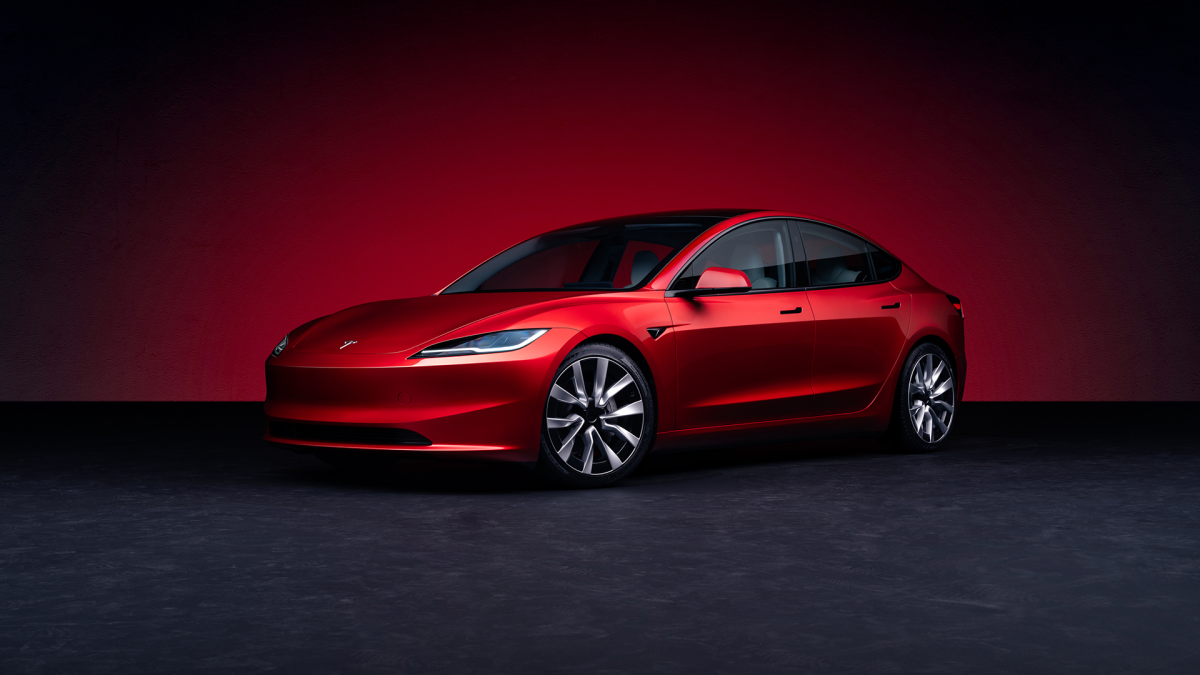
Because of their outlier quality, we decided to remove them from our calculations so we could get a better idea of what the average sales were like depending on the body type of an EV.
Final thoughts
America’s affinity for big cars is hardly breaking news, but data from KBB suggests that the gap between all-electric car and SUV sales is only getting bigger. That’s a slightly ironic fact, given electrification's apparent sustainability-focused mission. Given the material-intensive nature of big-batteried SUVs and trucks, the trend is also a real point of concern for an industry aiming to make accessible, efficient EVs.
Related: Dodge Charger EV burnouts could be exclusive to pricey SRT models
